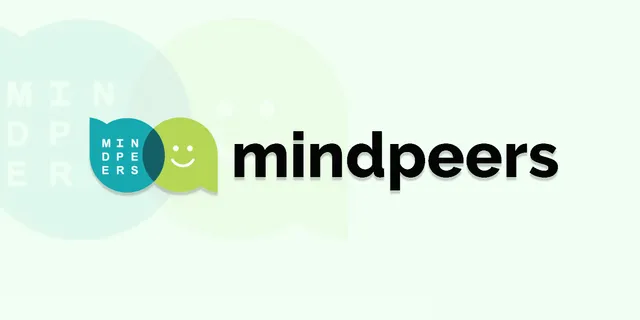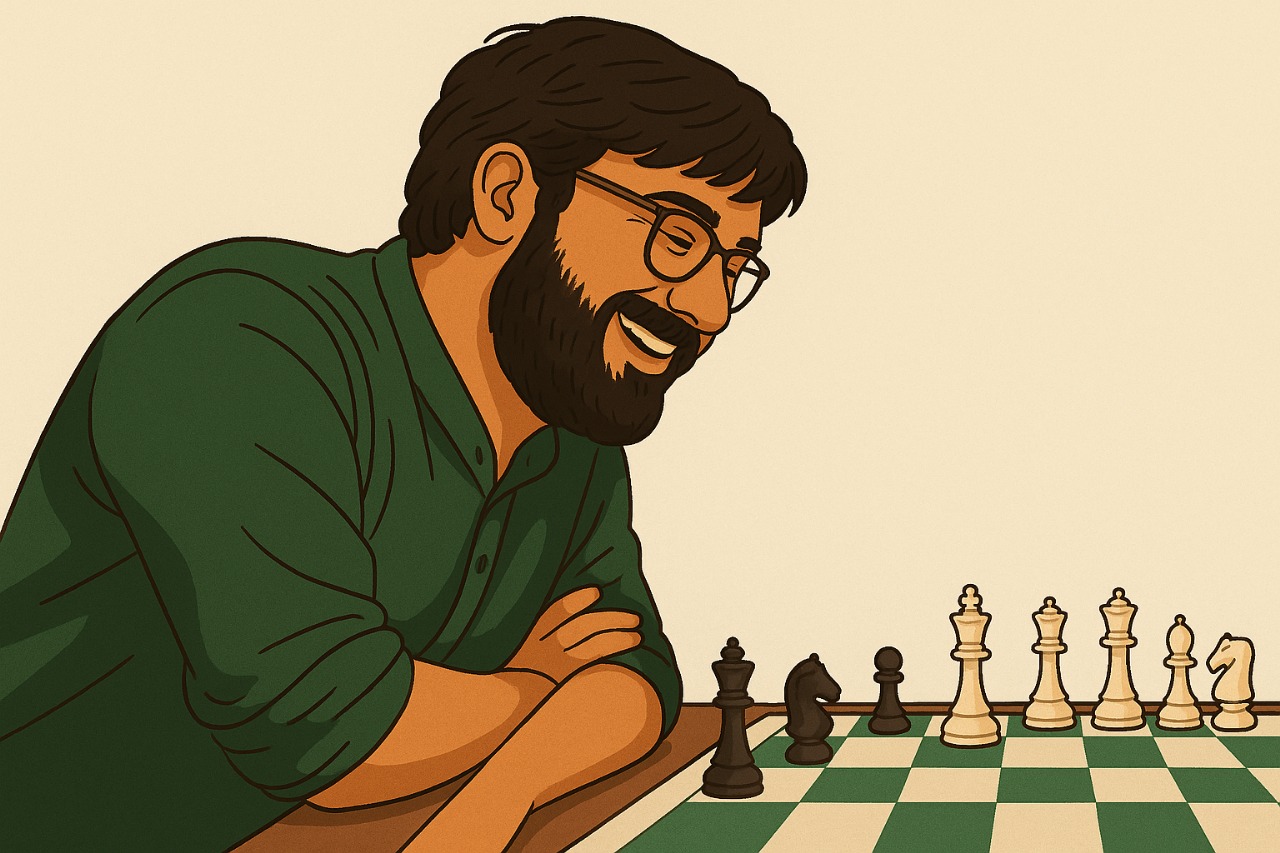Back
Poosarla Sai Karthik
Tech guy with a busi... • 11m
Most AI mental health apps today claim to replace real therapists, but there’s a major flaw—they don’t consider a person’s past therapy records. They just simulate conversations based on what the user says at that moment, without understanding their history. This makes them unreliable for actual treatment. For therapy to work, a person’s past sessions, progress, and diagnoses need to be taken into account. Without that, the advice these apps give can be generic or even misleading. Instead of replacing therapists, AI should be used as a support tool. A better approach would be to build an AI model that looks at a person’s therapy history and tailors its guidance accordingly. This way, it can help therapists make better decisions and improve treatment outcomes. If done right, this could fill a major gap in the market and make AI mental health solutions much more effective and trustworthy. Drop your insights for better outcomes.
More like this
Recommendations from Medial
Leonard Chris Wood
Intellectual • 1y
VR Therapy for Stress and Anxiety Concept: Offer subscription-based virtual reality (VR) experiences designed to help individuals manage stress and anxiety through immersive environments (e.g., calm forests, beaches) and guided therapy modules. Key
See More
Soumalya Nandi
Hey I am on Medial • 1y
Ever felt like you're carrying the weight of the world, but talking about it seems impossible? 🌍💭 What if technology could be your first step towards healing? Therapy is expensive. Waiting lists are long. Stigma is real. Couldn't mental health sup
See MoreDownload the medial app to read full posts, comements and news.














/entrackr/media/post_attachments/wp-content/uploads/2021/08/Accel-1.jpg)





















